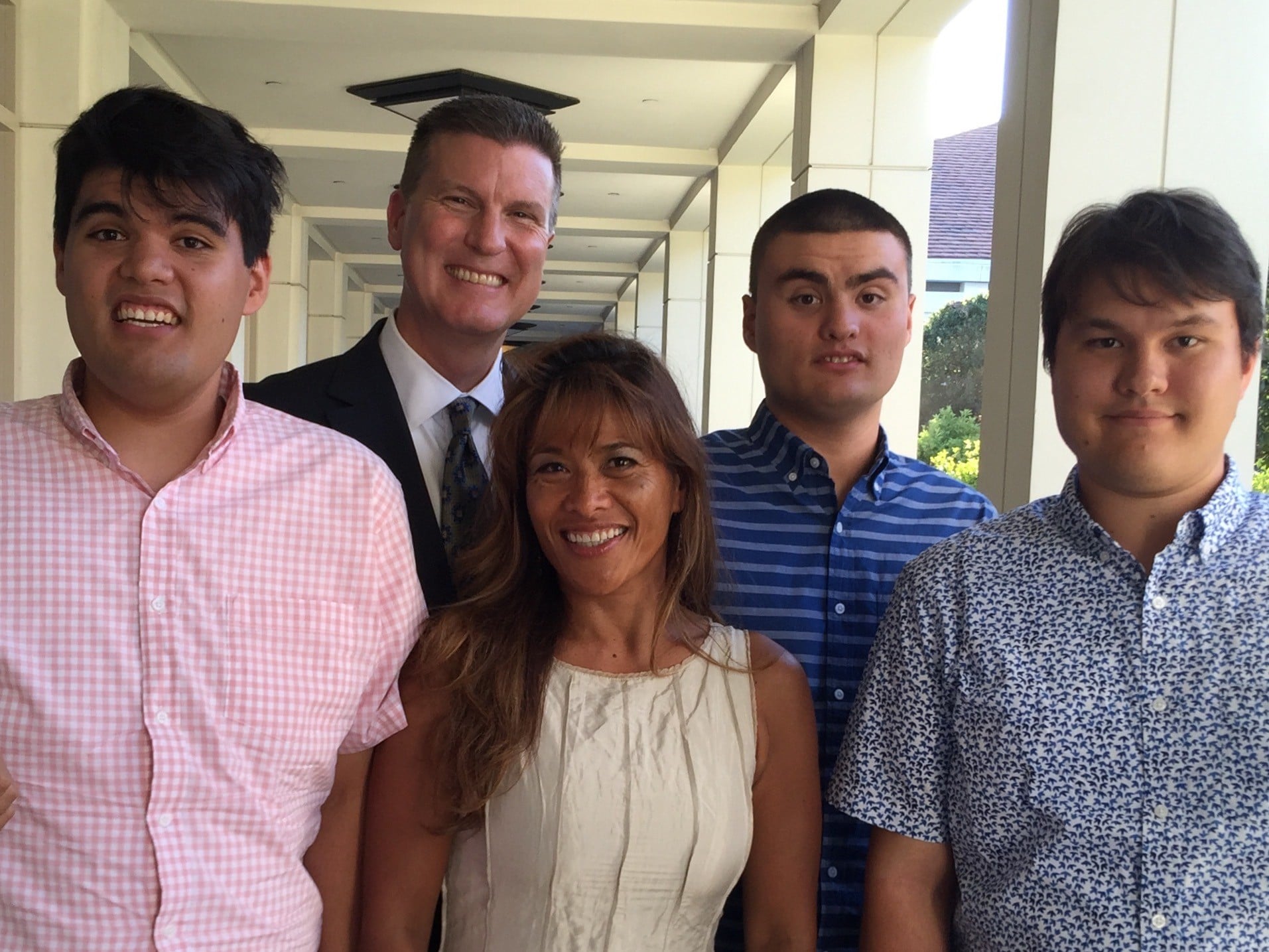A Prophetic Presence

Prophet (n.) a person who speaks by divine inspiration or as the interpreter through whom a divinity expresses his will.
What if I told you that the Christian church has been silencing a prophetic presence in our midst? Would you write me off as an out-of-touch spiritual weirdo? Would you expect to find me standing on the street corner, wearing a sandwich board with the word “repent” written in giant letters?
In the Old Testament, we see many examples of how God used prophets to give important messages to the people of God and also to neighboring nations. Many times, the messages these Old Testament prophets spoke revealed sin and called for repentance. Prophets also pointed forward to Christ.
“For prophecy never had its origin in the human will, but prophets, though human, spoke from God as they were carried along by the Holy Spirit,”
2 Peter 1:21, NIV
While 1 Corinthians 12 makes it clear that God still gifts individuals with prophetic messages to direct people back to God, I’m not commenting here on who may or may not have the spiritual gift of prophecy. What I am saying is this: Our churches are missing out on a prophetic presence—a presence that reveals sin—and we do have repenting to do. But it has nothing to do with standing on the street corner yelling or (thank God) wearing camel’s hair clothing.
Instead, we are missing out on a prophetic presence when we do not include people with intellectual disabilities in the full life of the church.
I’ve seen first-hand how my friends with intellectual disabilities cause the church to grow up in their spiritual potential, merely by their presence. I’m not talking about “inspirational” individuals with developmental disabilities who get featured in motivational memes and make the six o’clock news for their great hugs and adorable smiles—though we certainly benefit from their presence in our churches, too.
No, I’m thinking of individuals who the world has a much harder time featuring because they are less photogenic, more awkward, or in some cases, not even considered worthy of life. I say this is true of the world, but it’s not just true of the unbelieving world.
Which brings us back to our need for repentance.
Many churches have, without even realizing it, excluded people with disabilities from their fellowship. In these churches, it is easier to buy into lies about a person’s abilities being equal to their worth; it is more likely that church members will worship the idols of productivity and cleverness; it is more probable that sins of self-centeredness will go unchallenged.
When I am with or near a person with an intellectual disability, they affect me in terms of what I am able to do, and what I might now be required to do… and that is a good thing.
Even if a person with intellectual disabilities does nothing more than be, they challenge through their presence.
If I accept their presence, and even welcome it,
- They will cause me to be a servant. I will need to look outside of myself and be less preoccupied with myself so that I can meet them where they are.
- They will cause me to consider what is truly important in life and in human interactions.
- They will grow my faith in what is sometimes the messiness of their lives that many times is messy through no fault of their own.
- They will teach me to love better when they stretch me with atypical social skills and manners that make me feel uncomfortable or awkward.
- They will provide me solid examples of loving others and living in faith.
In this, they are serving as a prophetic voice, showing where spiritual change is necessary.
And yet, I can exclude their prophetic voice. I can make deliberate efforts to exclude them from my church and home and not allow them to be present, or I can say they are not a priority.
I can also exclude them through sheer ignorance. Perhaps I am unaware that people with intellectual disabilities make up nearly 3% of the global population and so don’t expect that, at the very least, my church and friends list should have a similar percentage. Or I can assume that “someone” else is meeting the needs of this segment of our population and do nothing more.
Inaction can be synonymous with exclusion.
I can also, with great motives, remove them from my church by creating “disabled churches,” special services specifically for people with intellectual disabilities. I can set up programs so the majority of the church never has to interact with the most challenging members of the Body. Helpers who are “called” to disability ministry can see to whatever this group of believers requires, and no one else need be bothered.
That is an absolutely wrong notion of the Body of Christ and what it should be. By taking what are, perhaps, the weakest members away from the larger body, the church is allowed to continue on in its self-absorbed way, not having to change in response to the prophetic presence of people with disabilities. In contrast to 1 Corinthians 12:21-23, they take the indispensable parts away from the Body, all the while thinking they are doing something helpful.
“The eye cannot say to the hand, ‘I don’t need you!’ And the head cannot say to the feet, ‘I don’t need you!’ On the contrary, those parts of the body that seem to be weaker are indispensable, and the parts that we think are less honorable we treat with special honor.”
1 Corinthians 12:21-23 NIV
Yes, for the most part, both the nondisabled adults and the intellectually disabled adults have become comfortable in their segregation.
But comfort is not a measure of the rightness of a situation.
These segregated churches do harm to the larger Body of Christ because they remove the prophetic presence that would encourage greater holiness from the larger church.
They ignore the reality that “there is one body and one Spirit, just as you were called to one hope when you were called; one Lord, one faith, one baptism; one God and Father of all, who is over all and through all and in all.”
Ephesians 4:4-6 (NIV)
I am not saying that you can never have opportunities for adults with intellectual disabilities to build friendships and be discipled amongst other adults with intellectual disabilities. In just the same way that you might have a women’s Bible study that does not replace involvement in regular Sunday worship services, you can have rich, audience-specific Bible study for adults with intellectual disabilities. Just don’t treat it as the alternative for side-by-side inclusion on a Sunday morning.
By fully integrating adults with intellectual disabilities into the life of the church, we can welcome their prophetic presence instead of impeding it. And in that, we can welcome the prophetic will of God.
Written By—Jeff McNair, Ph.D. with Rebecca Olson
Jeff McNair is a Professor of Education at Cal Baptist University, Director of MA in Disability Studies and Director of Education Specialist, Moderate/Severe Disabilities. He also leads the Light and Power Company Sunday school class at his church. He is the author of several books and academic articles.
Rebecca Olson has served with Joni and Friends in various capacities since 2006, and during that time, she has contributed to several books, including The Beyond Suffering Bible, Life in the Balance Study Guide, and Real Families, Real Needs.
[1] [William Morris, Editor, The American Dictionary of the English Language (Boston: Houghton Mifflin Company, 1979)]

Connect With Our Team!
Do you have questions about what disability ministry at your church looks like? We would love to hear from you!
Email us at [email protected] or by calling 818.707.5664.





